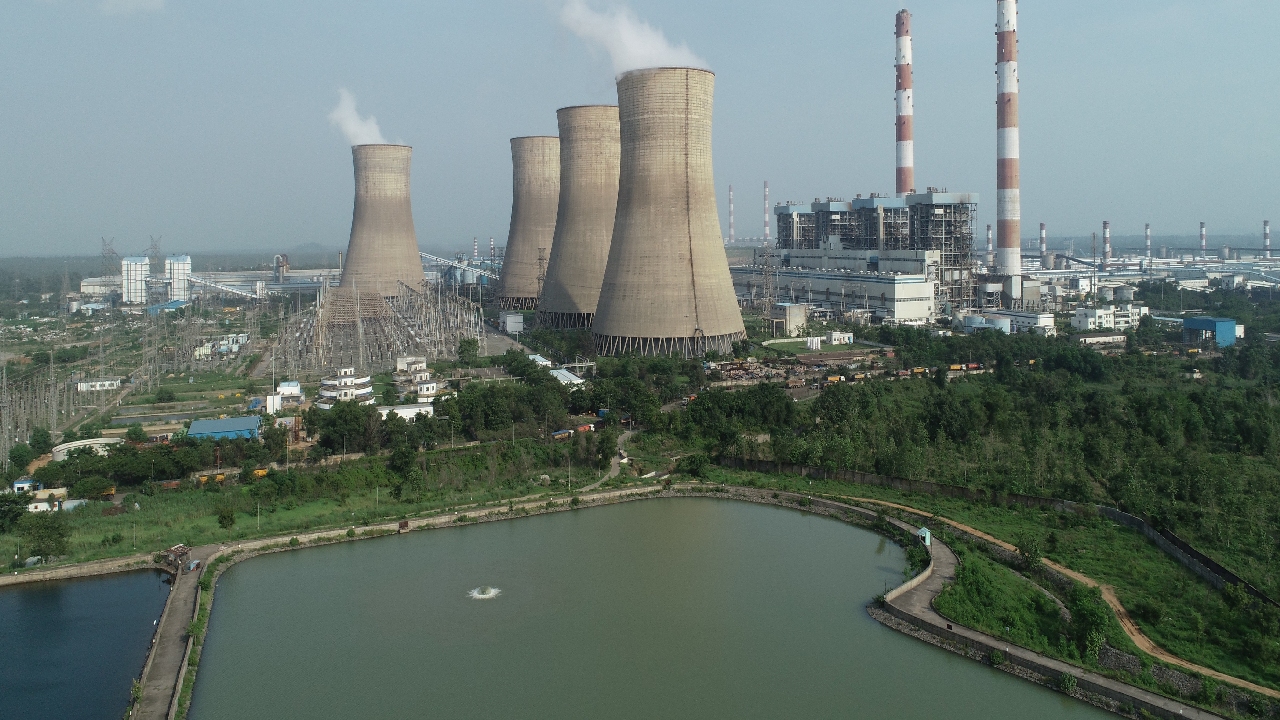Vedanta Aluminium Business, India’s largest producer of the aluminium and value-added products, recycled 16.5 billion litres of water in FY 20-21, leveraging technology for focused control and monitoring of water consumption. The water saving projects across its Alumina Refinery, Aluminium Smelters and Power Plants have alone resulted in water conservation to the tune of 700 million litres, according to a press release.
Vedanta Aluminum’s operations are guided by the Vedanta Sustainable Development Framework, which includes a robust suite of technical & management standards and guidance notes developed in line with global sustainability management practices aligned to the International Financial Corporation (IFC), International Council for Mining and Metals (ICMM), Global Reporting Initiative (GRI), etc. The company’s Water Management Policy guides its efforts towards exploration of opportunities for reducing the water consumption and encourages increased water reutilization and zero liquid discharge from operations, in line with Vedanta’s commitment to the 6th UN Sustainable Development Goal – Clean Water and Sanitation.
The company has recently operationalized another roof-top rainwater harvesting system. Set up at its Captive Power Plant in Jharsuguda, the rainwater harvesting system has a collection capacity of at least 56,000 litres of water, which will be used within the plant for various purposes. Vedanta has also partnered with Government of Odisha’s Soil Conservation & Watershed Development division to develop 19 farm ponds in various villages of Lanjigarh region, which is not only helping local farmers irrigate their crops but also undertake aquaculture as a parallel livelihood opportunity, the release stated.
It is interesting to note that the company is taking proactive steps in conservation, considering that its functioning has been under a cloud of pollutant-dust for quite sometime, especially in the state of Odisha.
Back in 2009, the Odisha state pollution control board (SPCB) had issued notice to the Jharsuguda plant after inspections revealed the company’s aluminium smelter and captive power plant are polluting the air and water in the area. According to a report in DTE, it was was revealed that the company was also hauled up for discharging wastewater from its smelter without any treatment. This wastewater eventually finds its way into the Hirakud reservoir via Bheden river.
In 2010, the operations were again in cloud, as an article by Reuters raised questions on the poor waste management at Vedanta’s refinery in Lanjigarh. The report stated that the pollution was putting at risk the health of 5,000 people – with some already complaining of skin and breathing problems, according to a report by the human rights group.
The same year, the environment and forests ministry stalled the expansion of Vedanta alumina refinery project in Lanjigarh in Kalahandi district from one million tonnes a year to six million tonnes capacity and of its captive power plant from 75 to 300 MW.
Meanwhile in 2017, its operation in Jharsuguda was in news again after a breach in the ash pond embankment near Katikela village near Jharsuguda led to inundation of ash in agricultural lands at the site, triggering public outrage. The Odisha Pollution Control Board (SPCB) got into action and called for a partial closure notice on Vedanta’s 2,400 Mw coal-fired power plant and captive power plant (CPP) of 1,215 Mw capacity, both located in Jharsuguda in the vicinity of its aluminium smelter unit, according to a Business Standard report.
Last year, noted environmental activist Prafulla Samantra had raised questions on the hurried manner in which the public hearing on the environment impact assessment of the proposed expansion of its existing smelter plant at Jharsuguda from 16 LTPA to 18 LTPA and its captive power plant capacity to 1,215 megawatt, was carried out. The government’s haste to hold a public hearing on Vedanta’s expansion project amid the pandemic has raised questions even as locals are opposing the project due to environmental concerns.
As recently as October 2020, the residents of Katikela in Odisha’s Jharsuguda district ended a 12-hour-long protest and blockade of Vedanta’s aluminium smelter and power plant after written assurance from the company that their demands would be met.












Recent Comments